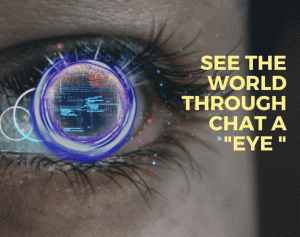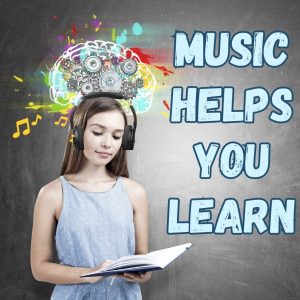The Benefits of ChatGPT
March 21, 2023
ChatGPT, the new artificial intelligence chatbot, created by Open AI, has been all over the news recently. Although there are many concerns around this new technology..
This new artificial intelligence can be beneficial in areas such as healthcare, education, and much more.
ChatGPT’s abilities have proven to be helpful in the field of healthcare. It can prevent medical errors, monitor patients 24/7, and help doctors make clinical decisions according to a Forbes article.
“With time, ChatGPT will make fewer errors until it can match or even surpass the predictive powers (and clinical quality) of medical professionals,” states Robert Pearl, M.D. in the same Forbes article.
Others have found that it could even “help patients prevent chronic illnesses like heart disease, hypertension and diabetes, and minimize their deadly complications, including heart attacks, strokes and cancer,”(Forbes).
This is important because ChatGPT could be of service to people with certain chronic diseases, which could be a major step toward finding cures for them.
When it comes to education, some people are concerned about ChatGPT’s impact on learning. Educators are afraid that students will use this new technology to cheat. In response to this, some schools are limiting the use of ChatGPT by blocking all access to it.
However, teaching ethics when new technologies are introduced is not a new concept. When computers were first brought into schools, many were worried that they would change learning forever. But over time, students and teachers learned to adapt and use the computers to expand upon their overall knowledge.
One high school teacher used ChatGPT to grade some of his students’ papers and it provided more detailed feedback in a short amount of time according to a New York Times article.
The fact that it can grade papers quickly and effectively can be helpful to teachers who spend a lot of their time evaluating their students’ essays.
Others are afraid that students might rely on ChatGPT in the future instead of teachers.
Shana Ramin, a technology integration specialist at the Oakland Schools in Michigan, says that “teachers and students should see ChatGPT as a helpful tool, much like a calculator might be in math class, but it cannot do a teachers job.”(NYT)
Although ChatGPT seems like it could potentially take over the role of teachers in classrooms, “there’s simply no substitute for the human mind,”(California Business Journal).
As Ramin states, “The more that I play around with it, the more I see the potential, and I see the benefits. There’s definitely the potential for misuse, but I think that’s all the more reason why we need to be aware of it and understand it.”
No matter how people feel about the topic of ChatGPT, we have to learn to adapt to this new technology, because it won’t go away anytime soon.






